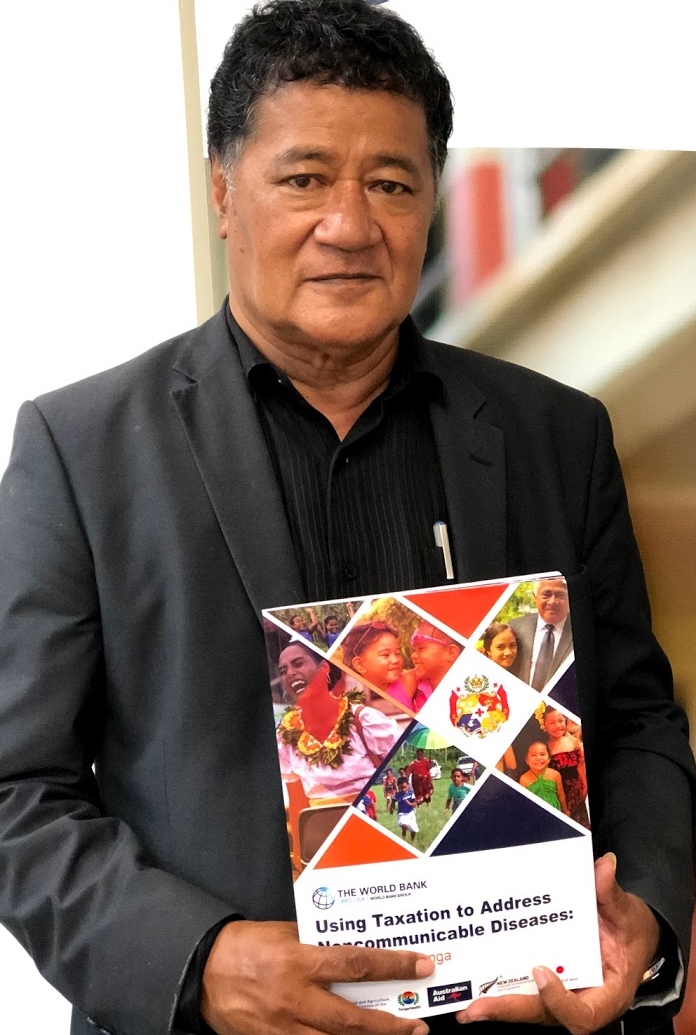Risky behaviors such as smoking, poor diet, harmful alcohol consumption, and physical inactivity are acknowledged as the major contributing factors to the increase of non-communicable diseases (NCDs) all over the world. But for Reverend Viliami Polota, smoking was the vice that was damaging his health. In Tonga, almost one in two men, and an increasing number of young women, smoke. The reverend was one of them for most of his life until the government used tax to hike up tobacco prices.
In response to rising NCD rates, the Tongan government has gradually introduced . This is also aligned with the WHO Framework Convention on Tobacco Control. While excise taxes on tobacco had been increased gradually over the years, the government of Tonga, in July 2016, decided to “go big and go fast” by increasing taxes on imported cigarettes by nearly 50%—to TOP 380 (ca. USD 165)/1000 sticks, compared with TOP 255 (ca. USD 110)/1000 sticks in the previous year, leading to significant price increase. Prices of locally produced cigarettes have also risen, though not as much because of lower excise tax increases applied to them. The World Bank has supported the government of Tonga in evaluating the impacts of the policy. According to the household survey conducted by the World Bank, the large tobacco excise tax increase in July 2016 led 18.4 % of smokers to decrease their cigarette consumption, which was significant.
To give human perspectives to the data, the World Bank team also conducted in-depth interviews with community members to understand various perspectives of the policy impacts on communities that could not be captured through quantitative surveys. Here, we share the personal experience of Rev. Polota, whose life and behaviors have been deeply affected by the July 2016 increase in tobacco tax policy.
Rev. Polota started smoking when he was only 13 years old, smoking all through high school along with his peers. It wasn’t until he was an adult in the mid-1970’s that he realized his smoking was no longer a choice, but an addiction he could not give up. He experienced health problems due to his smoking suffering from bronchitis and breathing difficulty. Even so, his addiction held fast, failing to quit after countless attempts.
